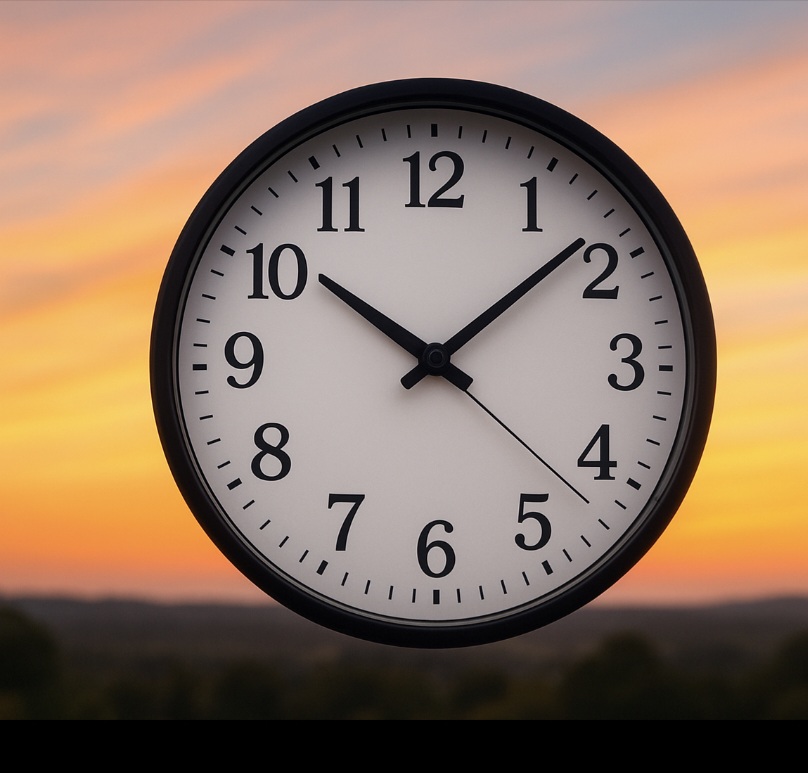
In 2025, the clocks in the UK will go back one hour (from British Summer Time back to Greenwich Mean Time) on:
Sunday, 26 October 2025, at 2:00 am
At that moment, the clocks are turned backward 1 hour so that 2:00 becomes 1:00. (Time and Date)
This marks the end of British Summer Time (BST) for the year, and the country returns to standard time (GMT). (GOV.UK)
Why Do the Clocks Change?
The Purpose of Daylight Saving
The practice of shifting clocks twice a year is intended to make better use of daylight during the longer days of summer. By “springing forward” in March and “falling back” in October, evenings stay lighter in summer and mornings lighter in winter. (Wikipedia)
Legal & Historical Basis
- The UK observes British Summer Time (BST), which is GMT +1 hour, during part of the year. (Wikipedia)
- The change dates are regulated: clocks go forward at 1:00 am on the last Sunday in March, and go back at 2:00 am on the last Sunday in October. (GOV.UK)
Thus, the “clocks go back” event always falls on the last Sunday in October. (GOV.UK)
What Happens When the Clocks Go Back?
- At 2:00 am on the change date, the clocks shift backward to 1:00 am — effectively gaining one extra hour that night. (Royal Museums Greenwich)
- The UK returns to standard time (GMT), meaning less evening daylight and earlier darkness. (GOV.UK)
- Most modern digital devices (phones, computers, smart clocks) update automatically. (Royal Museums Greenwich)
- But many manual clocks (wall clocks, old ovens, car clocks) will need to be adjusted by hand.
How to Remember It
A handy mnemonic is: “spring forward, fall back”
- In spring, you move the clocks ahead (losing an hour)
- In autumn / fall, you move them back (gaining an hour) (Royal Museums Greenwich)
Another is:
- Clocks go forward (to BST) on the last Sunday in March
- Clocks go back (to GMT) on the last Sunday in October (GOV.UK)
What This Means for You
- You get an extra hour of sleep on the night the clocks go back.
- Evenings become darker sooner, which can affect outdoor plans, driving, mood, and routines.
- Double-check devices and clocks that don’t update automatically.
- For those working night shifts, the change can affect shift lengths — it may require agreement with your employer how the extra hour is handled.

Leave a Reply